|
|
|
I have always been only a chemistry teacher. For 15 years. Only chemistry. When switching schools, from Sacred Heart Cathedral in San Francisco to Sonoma Academy in Santa Rosa CA, to be closer to my family in Petaluma CA, I was asked to teach Biology and Robotics in addition to Chemistry. I was scared, but so glad I took the risk and jumped in. Biology, has now morphed in "Medical Biology" a class I have created to embrace my failed, yet nostalgic attempts at getting into medical school (3 MCATS...blah blah blah...), and a class called "Engineering for Social Good" that embraces the appreciation and respects for Social Justice that 15 beautiful years at a Catholic school instilled in me. Moral of the story. Do new stuff.
Below is a video from the final showcase for our 2017 Robotics Showcase. Enjoy.
As a science teacher I struggle with the tension between being "innovative" and the benefits of practical, simple, efficient system. This dichotomy is amplified when, for me, choosing between more advanced sensors (temperature, conductivity, etc.) such as those provided companies like Vernier and Pasco.
Anecdotally have found that, rather than leveraging the types of interfaces described above, when I have students design and built their own interfaces they learn more about not only the data they are measuring, but in building the equipment, they develop an appreciate and knowledge of the intricacies involved in capturing the data. This became clear to me when I had students create their ownTitration Drop Counter last school year. Albeit not as specific nor aesthetic, the mere act of going this process, I argue, is more meaningful for high school students where the risks associated with inaccurate data collection is low, but the risks of information gaps or underdeveloped conceptual understanding of content, is high. To this end, I have chosen one piece of equipment for each of the 6 units in my 10th grade chemistry class, for students to build and leverage in their laboratory investigations. Below is a list of each piece of equipment, and an associated link that students will use for construction information and hints. 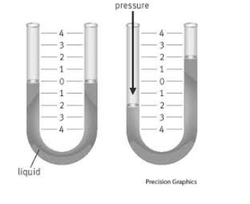
In her lecture, The Hungry Mind: Origins of Curiosity, Susan Engel of Williams College beautifully explains the benefits of curiosity not only on student motivation, but learning. See Engel's talk below:
Corroborating Engel's conclusions, Min Jeung Kang and his team at Caltech concluded via fMRI, in an article titled The Hunger for Knowledge: Neural Correlates of Curiosity, that when an individual is curious, they are able to negotiate complexity in the content domain they are learning, as well as unrelated content domains! Perhaps it is the Biology teacher in me, however I do not think it is a reach to say that Kang's observations can be extrapolated to a Darwinian hypothesis. That is to say, increased curiosity = amplified awareness = survival fitness. After reflecting on Engel's video and Kang's research, I slipped into a nerdy state of reflection regarding the relationship between curiosity, health, survival, etc. I have always been a very curious person (to a fault at times...), and was immediately "curious" about any direct experiences with the relationship between curiosity and "fitness" to survive. After reflecting, it was clear that my current obsession with curiosity isn't by accident. Without exaggerating, my curiosity has indeed saved my life. Below is a workflow of thoughts that emerged from this reflection. TMI warning: 1998
Inserting a picture directly from the webcam of your computer into a Google Document is a, IMO, freaking powerfully simple strategy in the classroom. It was gone, but NOW IT'S BACK! YES! This feature embodies the kind of classroom technology I love: simple, efficient, and purposeful. Below are just a few of the many ways I have used this technique in my classroom:
As teachers we have an incredible opportunity to engage in Action Research. As a community of practitioners, we have access to a sample size of students that many researchers crave. We have access to a community of colleagues to help revise and reflect on the process, and we have the most powerful research lab at our disposal: our classrooms.
Yes, each time we give a quiz, engage in formative assessment, design and test a new lesson, or observe a colleague we are engage in informal Action Research. However, as I grow as an educator, the desire to formally investigate questions that have been surfacing in my mind, tugging at my pedagogical passions, feels stronger than ever. How dare I not take advantage of the 100+ students I see each day who can provide honest insight into learning? Why not strategically try to measure a change in my lesson planning, assess the efficacy of a new lab technique, or record my teaching and that of others to view critically in a collaborative setting? How dare I treat the lesson plan as an artifact to be reused rather than an intervention to be tested and revised? I too have my reservations about the social sciences, and I am not talking about comparing affect as a dependent variable with plant growth, or vaccine response. They cannot be compared in my opinion. What I am talking is how INCREDIBLE it is that we work with human beings. That we can learn from them. That we can be critical and intentional, and careful, and purposeful about the data we gather from them. That we can communicate that data with our colleagues and back to our students. All this talk about grades, and alternative forms of assessment, and the myriad of other hippie forms of providing feedback are only part of the solution. Grades are important. They are dependent variables that provide us with data to better understand the humans we work with. How we use grades must be changed. Their presence is powerful. The power they play in judging our human students must be changed. The assessments that yield the grades have been designed by artists, teachers, and are powerful. All of this is to say that I want to be more intentional about the information I gather form my students. I want to investigate more. To use my background in science to conduct more research in my is classroom. To be transparent with that need with my students. To listen to those pressing questions in my head, and try to answer them. To be intentional about it. My students are amazing mediums to seek those answers. They are honest. Really honest. This amazing career I am blessed to have is worth it. Below are five of the many Action Research questions I want to try to answer in the upcoming semester in partnership with my students. Many of the questions below represent things I assume I know the answer to and/or I am too proud to admit I am wrong.
|
Categories
All
Archives
March 2024
|
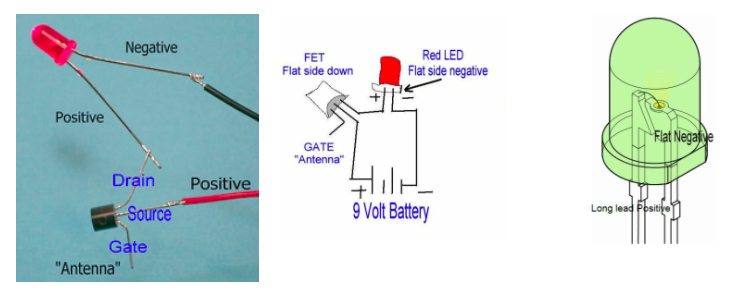
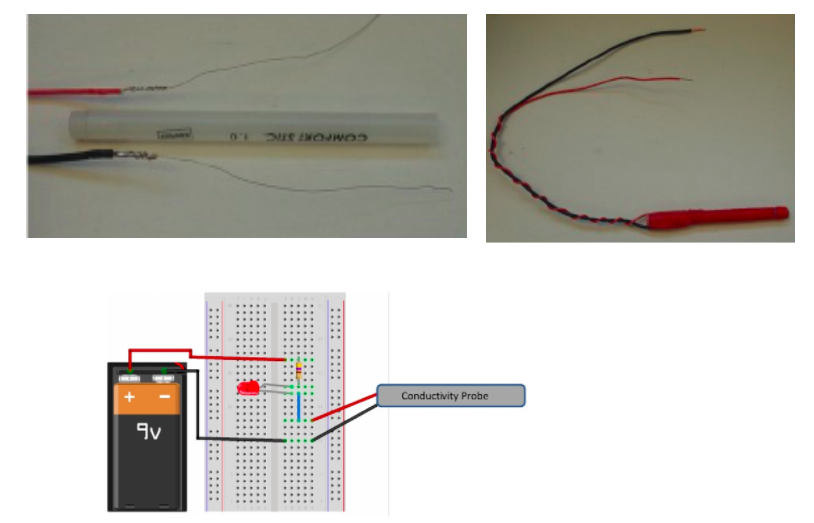
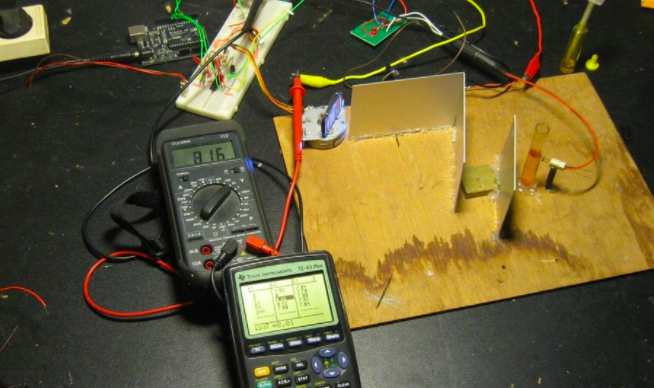
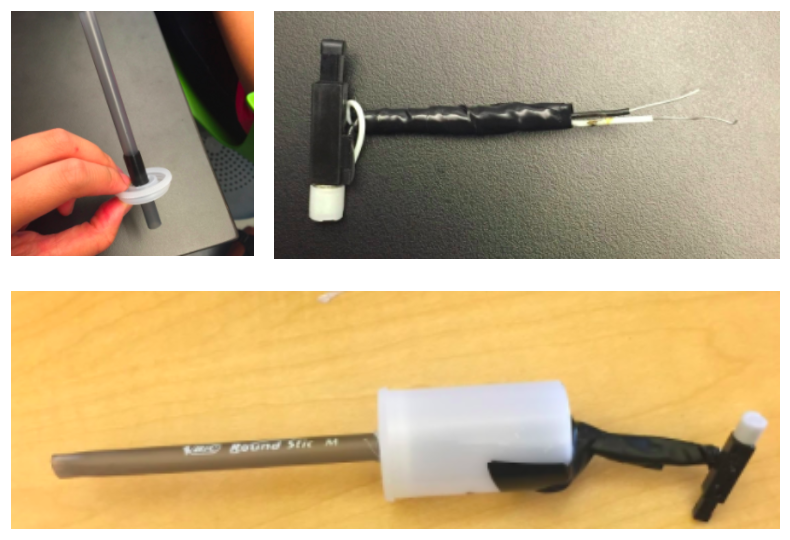
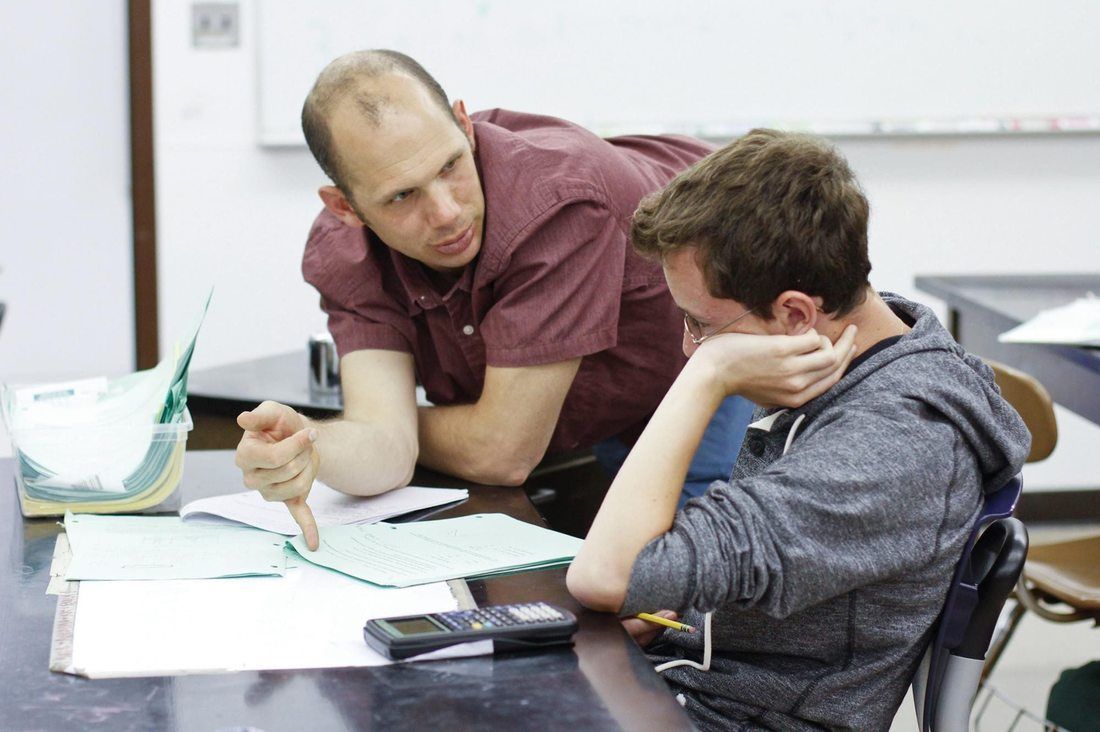
 RSS Feed
RSS Feed